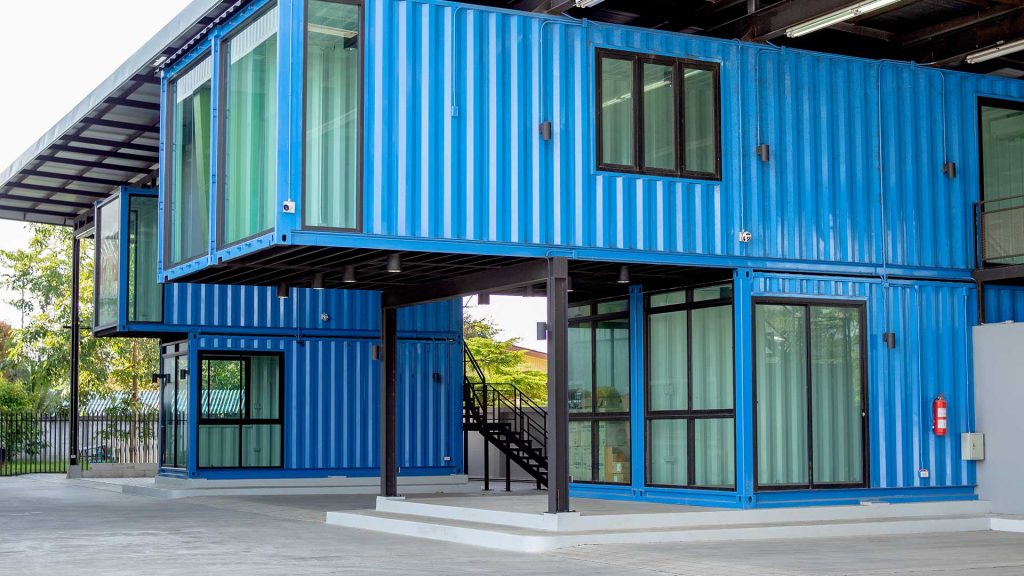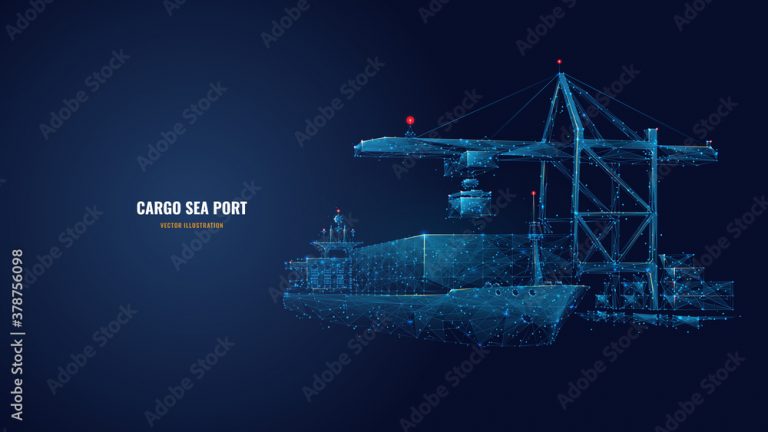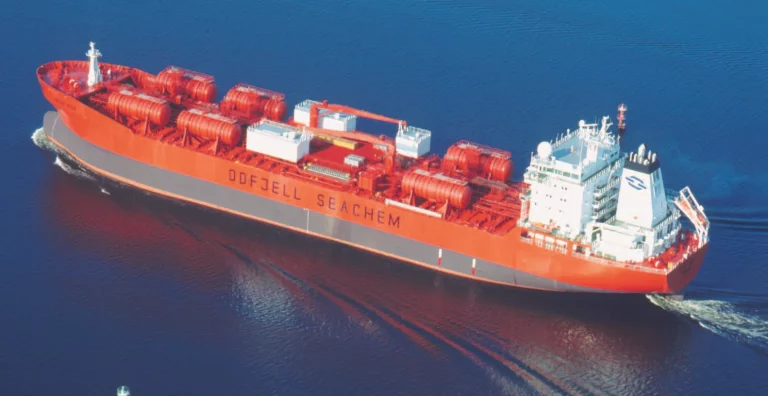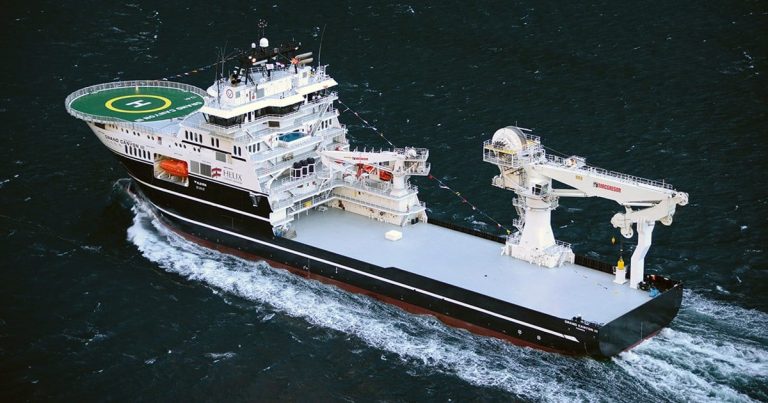
Custom Containers
Custom containers are specialized shipping containers designed to accommodate specific cargo requirements that cannot be met by standard containers. These containers are tailored to the exact needs of the shipper, providing optimal protection and efficiency for a wide range of goods.
Types of Custom Containers
- Open-Top Containers: Designed for oversized or heavy cargo that cannot fit into a standard container.
- Flat Rack Containers: Used for transporting heavy machinery, steel products, and other oversized cargo.
- Insulated Containers: Equipped with insulation to maintain specific temperature ranges, ideal for transporting perishable goods like fresh produce and pharmaceuticals.
- Ventilated Containers: Designed to control airflow and humidity, suitable for transporting fruits, vegetables, and other perishable items.
- Tank Containers: Used to transport liquid or gaseous substances, such as chemicals, oil, and gas.
Benefits of Custom Containers
- Enhanced Protection: Custom containers offer tailored protection for specific cargo, reducing the risk of damage and loss.
- Increased Efficiency: Optimized design and features can streamline loading and unloading processes, improving efficiency.
- Cost-Effective: By reducing damage and spoilage, custom containers can help to reduce overall transportation costs.
- Flexibility: Custom containers can be designed to accommodate a wide range of cargo sizes and shapes.
Challenges and Considerations
- Higher Cost: Custom containers can be more expensive than standard containers due to their specialized design and manufacturing.
- Limited Availability: The availability of custom containers may be limited, especially for specialized cargo.
- Infrastructure Requirements: Some custom containers may require specialized handling equipment and infrastructure at ports and terminals.
As global trade continues to grow, the demand for specialized shipping solutions will increase. Custom containers will play a crucial role in ensuring the safe and efficient transportation of a wide range of goods, from delicate electronics to heavy machinery.
Would you like to learn more about a specific type of custom container or the challenges faced by the shipping industry in transporting specialized cargo?



